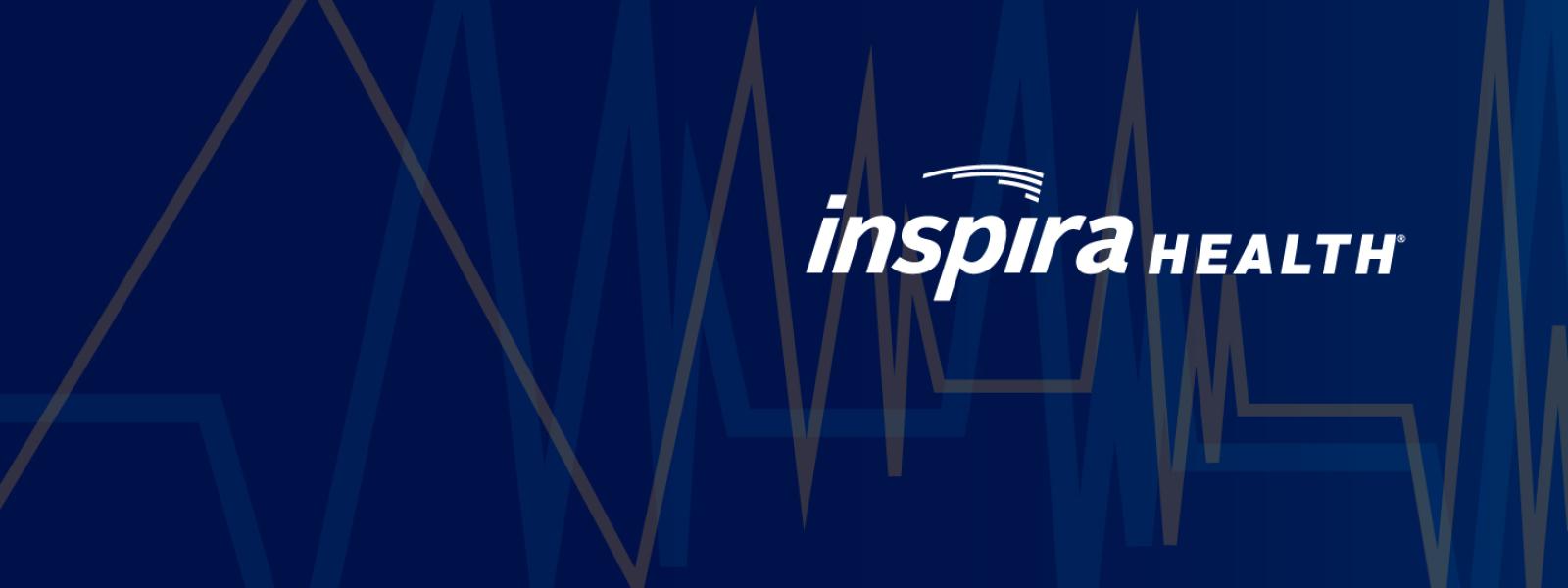Appendicitis is a medical emergency that requires immediate care. Recognizing the early signs of...
Read More
As we journey through life, certain milestones mark our path. Reaching the pivotal ages of 30, 40, 50, 60, and 70 prompts us to prioritize our health through preventive screenings. Here's a guide to the top health screenings that can safeguard your well-being at each milestone.
“Thirty is a great age to start prioritizing your health if you don’t already,” said Gerald Orlando, D.O., primary care physician at Inspira Primary Care Clarksboro. “At this point, your risk starts increasing for health concerns like high blood pressure or high cholesterol, and you start experiencing some symptoms of aging.”
Regular check-ups with your health care provider should include:
“Many people typically associate their 40s with the start of routine screenings such as mammograms and colonoscopies,” said Dr. Orlando. “These screenings are important for early cancer detection.”
Talk to your health care provider about:
As you enter your 50s, certain health screenings gain greater significance:
Upon turning 60, additional screenings further contribute to maintaining good health:
“In addition to routine screenings, other tests become more important in your 60s, including hearing tests, depression screenings and cognitive screenings to test for neurological disorders like Alzheimer’s disease,” said Dr. Orlando
At 70 and beyond, continued vigilance in health screenings is crucial. “In your 70s, you should continue osteoporosis screenings, cognitive function tests, vitamin D tests, hearing and eye exams and regular dental check-ups,” said Dr. Orlando.
As we navigate the journey of life, prioritizing health through timely screenings is pivotal. Always consult your health care provider to determine the most appropriate screenings based on your individual health history and risk factors. Remember, preventive care is a cornerstone in nurturing a healthier and more fulfilling life at every milestone.
Your primary care provider can help determine which screenings are most appropriate for you based on your family and personal medical history. Find a provider here.

Appendicitis is a medical emergency that requires immediate care. Recognizing the early signs of...
Read More
Understanding diversity in relationships and identities is crucial for the next generation. Inspira...
Read More
Inspira Urgent Care Doctors advise staying informed about dangerous pranks and avoiding jokes...
Read More
The material set forth in this site in no way seeks to diagnose or treat illness or to serve as a substitute for professional medical care. Please speak with your health care provider if you have a health concern or if you are considering adopting any exercise program or dietary guidelines. For permission to reprint any portion of this website or to be removed from a notification list, please contact us at (856) 537-6772